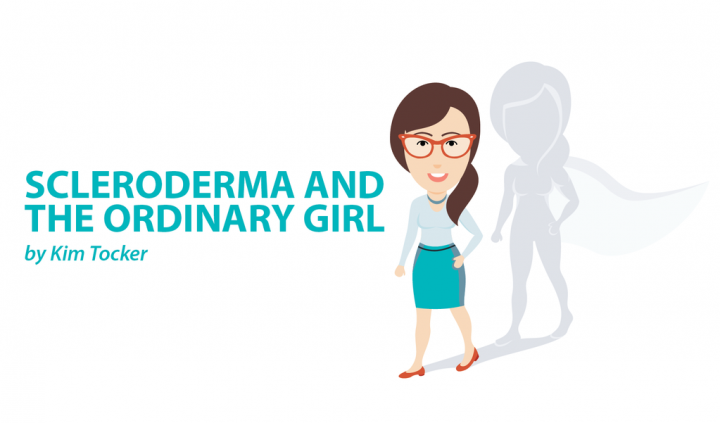A ‘Note-worthy’ Way to Help Treat My Systemic Scleroderma
Written by |

Being chronically unwell wears me down. I find that it is hard work to get through so many complications on most days. I am not referring only to pain and fatigue, but also to myriad other challenges including anxiety, boredom, and disappointment.
These complexities have come about through the enormous life changes that have taken place for me over the years of having scleroderma. There has been much to adjust to.
In my last column, I wrote about my more “open” attitude toward looking at alternative therapies and ideas that could benefit me. In fact, these days, I am constantly on the lookout for new concepts and treatments that might be of use.
This past week, I was pleasantly surprised to find my way back to one of the most healing and soothing therapies I know of. It is one that I had simply forgotten despite that it is constantly and readily available and surrounds me every day of my life.
It is, of course … MUSIC!
I am married to a musician, and my life has involved a love of music since I was very young. It has always been in my life in its innumerable forms and presentations, and I’ve enjoyed it for as long as I can remember.
However, lately, I have been unwell because of a string of infections. This has required me to lie low and rest at home. I’ve been feeling disappointed because I had been experiencing less joint pain and inflammation and was enjoying being able to do some gentle walking exercise.
Unfortunately, my nonexistent immune system is consistently heavily suppressed by medications to slow down the progress of my disease. So, despite being reasonably well in some ways, as soon as I contract any form of infection I become VERY unwell and am stuck at home resting for at least a few weeks.
Resting doesn’t always mean sleep, and for me, it often entails recuperating in my recliner, fatigued yet awake, unwell and bored while waiting for my body to heal. When I am in this state, I find doing anything physical or a lot of high-functioning cognitive thought just wear me out too much. In desperation, I dusted off one of my old playlists and plugged in my headphones.
The effect was instant and powerful, relaxing, calming and soothing. I spent all afternoon listening to all my different music genres, including rock, trance, disco, and reggae, together with a little new age and some classical.
Plenty of studies support the healing benefits of music. For me personally, I find it provides several in particular.
Often, depending on what I am listening to, I am able to enter a relaxed and mindful state, remaining in the moment as each note, rhythm, and vibration unfold. I also love the way I can escape the present, and often I’m able to engage in some visual meditation, flying among the stars on my magic carpet and viewing the universe from above. I can get away from the noises of the world, but also the noises of my unhelpful thoughts.
Music is a universal language, evoking the entire range of emotions. Even when the music is sad, just knowing a composer somewhere in the universe somehow has also felt how I’m feeling can provide a wonderfully melancholy opportunity to cry it all out.
My aim now is to begin to use my music in a more specific and organized way, purposefully selecting particular music for the different moods and states my disease brings. My music library will eventually consist of playlists with labels such as “calming anxiety,” “pain relief,” “uplifting,” “angry,” and “sleep,” to name a few.
Rekindling my relationship with my music collection has been my saving grace these past few weeks. With my eclectic approach to living the best I can with scleroderma, I am adding it to my treatment options. In my experience, it’s right up there with some of the life-saving medications I take.
***
Note: Scleroderma News is strictly a news and information website about the disease. It does not provide medical advice, diagnosis, or treatment. This content is not intended to be a substitute for professional medical advice, diagnosis, or treatment. Always seek the advice of your physician or other qualified health provider with any questions you may have regarding a medical condition. Never disregard professional medical advice or delay in seeking it because of something you have read on this website. The opinions expressed in this column are not those of Scleroderma News or its parent company, Bionews Services, and are intended to spark discussion about issues pertaining to scleroderma.







Leave a comment
Fill in the required fields to post. Your email address will not be published.